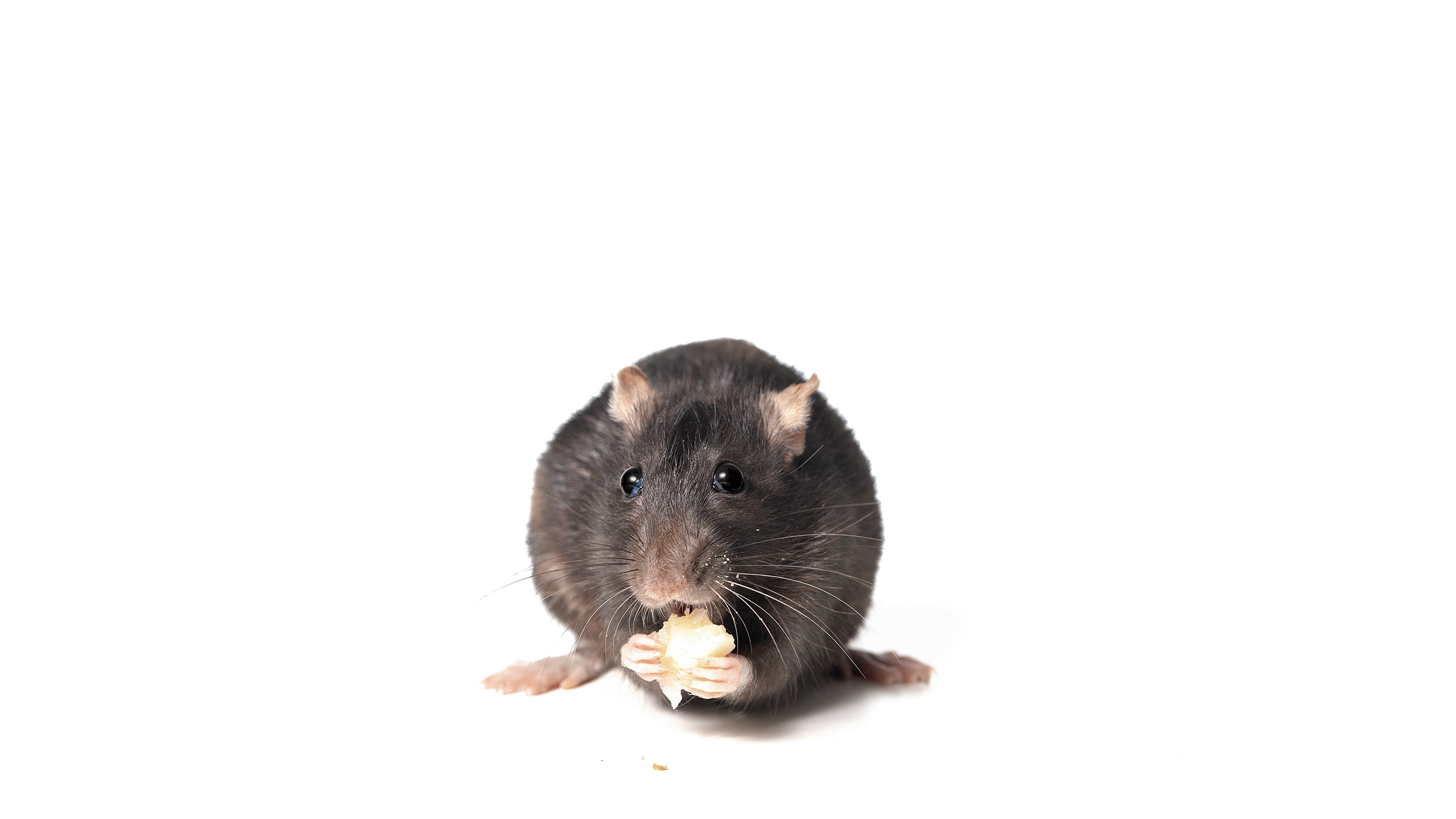
Animal Diet
Information Regarding Research Animal Diets
Type and Source of Foodstuffs
Animals are fed standard, commercial laboratory animal diets milled by Purina Lab Diets or otherwise approved source unless required by study protocols and permitted by the IACUC. Rabbits receive produce daily. With the exception of special diets, the DAR acquires, maintains inventories, and provides all foodstuffs for animals.
The following diets are regularly fed to the associated species as indicated by the DAR and maintained as inventory. Clicking the Purina Lab Diets link above provide connection to the manufacturer's description of the diet, guaranteed or proximate analysis, ingredients, and chemical composition.
Brewer’s Yeast: larval lampreys
KayTee Finch Food: domestic finches
LabDiet Ferret Diet 5L14: ferrets
LabDiet Guinea Pig Diet 5025: guinea pigs
LabDiet Mini-Pig Grower Diet 5081: miniature swine
LabDiet Mini-Pig HF Grower Diet 5L80: miniature swine
LabDiet Mini-Pig Starter Diet 5080: starter diet for miniature swine
LabDiet Mouse Breeder Diet, Irradiated 5058: mice and rat breeding colonies
LabDiet Porcine Grower Diet 5084: swine
LabDiet Rabbit Diet 5321: breeding rabbit does
LabDiet Rabbit Diet HF 5326: rabbits
LabDiet RMH 1000 5P07: spiny mice
LabDiet Rodent Diet, Irradiated 5053: mice rats, hamsters, other rodents
Nasco Frog Brittle: Xenopus laevis
Food Storage in Animal Facilities
Bulk quantities of foods are stored in climate-controlled and dedicated storage rooms. Perishable foods are stored under refrigeration. Working quantities of feed are stored in animal rooms in covered plastic containers labeled with an expiration date.
Means of Providing Food
All food is provided animals in feeders or bowls appropriate to the species with the following exceptions:
- Hamsters are fed rodent chow from their cage floor.
- Zebrafish (Danio rerio) are fed zebrafeed powdered fish food and rotifers in their aquaria.
- Xenopus are fed frog brittle in their aquaria and may be supplemented with thawed, frozen beef heart by research personnel.
- Lampreys (Petromyzon marinus) in the larvae stage are fed Brewer's yeast and algae in their aquaria.
- Pacific Hagfish (Eptatretus stoutii) are fed sinking frog food or fresh or thawed fish (source local fish market) in their aquaria.
Food is routinely provided ad libitum except for feeding limited amounts meeting the daily requirement to dogs, non-breeding rabbits, and swine in order to prevent obesity or unless approved on a protocol-basis by the IACUC. Nursing rabbit does are fed ad libitum.
Quality Control Procedures
Feeds are stored separate from chemicals to preclude contamination. Regular shipments of feed are received from a supplier and feeds are rotated so that the oldest feeds are used first. Bags of feed that are broken or that appear to have been wet are discarded and not used. All diets are used within the expiration date on the bag. All rodent diets are used a month before the expiration date on the bag.
Special diets: The feeding of specially formulated diets and any or all diets other than those listed above must be specifically approved by the IACUC. Please see the facility supervisor or manager for assistance in meeting cage identification; rack, room and contact information; and record-keeping requirements. Clinically-ill animals may be prescribed special diets and/or supplements at the discretion of the DAR veterinary staff.
While appreciative of the good intentions, the DAR discourages the feeding of cookies or cereals intended for human consumption to post-operative, anorectic or ill animals owing to the high calorie – low protein imbalance inherent to these items and the fortification of vitamins and minerals to human dietary standards. There are excellent, palatable, nutritionally-complete products available specially formulated for the critical care of laboratory animals and persons or laboratories interested in these products are encouraged to consult with the DAR veterinary staff.
Food Restriction: Controlled or limited access to food requires IACUC approval. Please see the facility supervisor or manager to ensure meeting specific requirements for cage identification, contact information, and record-keeping.